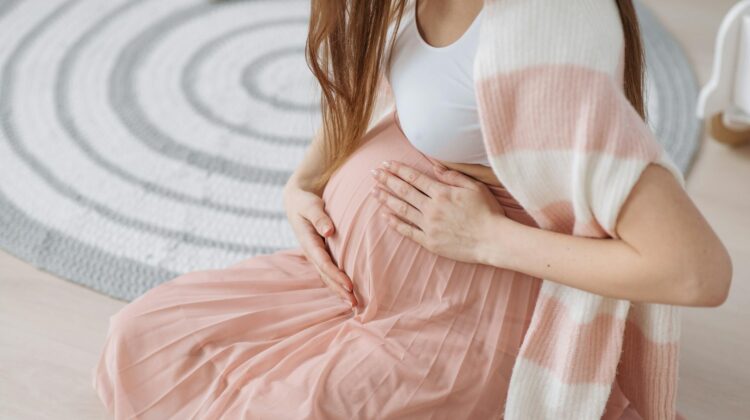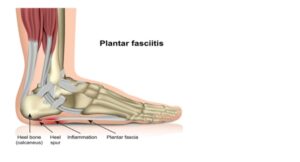
Pregnancy is the best experience that can happen to any female species. The thought of bearing another tiny human being is usually a magical feeling. Unfortunately, some unavoidable discomforts and pains might occur due to body changes caused by pregnancy. In 10 pregnant women, 2% suffer from foot pain caused by plantar fasciitis. Let us understand how to manage plantar fasciitis during pregnancy.
What is Plantar Fasciitis?
The dictionary defines plantar fasciitis as an impact on the heel caused by inflammation or irritation of a tough ligament known as plantar fascia that extends along the sole from the heel to the toes. Plantar fasciitis usually affects both men and women, especially those aged 35-60. However, most moms-to-be are prone to be affected by plantar fasciitis due to their gaining weight.
Causes
A few risk factors can cause foot pains.
- Women with flat feet.
- Standing for hours or walking long distances.
- Putting on weight increases pressure on the feet.
Symptoms
The most common sign is a sharp heel pain sensed when one steps down after getting out of bed in the morning or anytime after resting the feet. You might also get swelling in the feet especially in the second and third trimester.
How Pregnant Women can Manage Plantar Pasciitis

Wear Comfortable Shoes
Pregnant women should wear shoes with adequate arch support, good cushioning, and enough width to adapt to any swelling of the feet caused by weight gain due to pregnancy.
They should avoid wearing high heels, shoes with narrow toes, and flip-flops.
Restricted Diet
Pregnant moms should practice maintaining a healthy weight by eating the correct diet to reduce excess pressure applied to the feet. Keep your food intake in check to avoid gaining excessive weight. Keeping the weight in check not only aids in a healthy pregnancy but also keeps diseases related to weight gain away.
Medication
Expectant moms can use pain relievers such as acetaminophen and codeine to manage the pain caused by plantar fasciitis because they are safe and unharmful to the fetus. They can also use medical devices like orthotic insoles that are custom-made to fit on the feet to help reduce pain.
In some cases, doctors may prescribe magnesium supplements to reduce foot cramps.
Lots of Rest
Women who experience planta fasciitis during pregnancy need to take a lot of rest because it helps keep weight and stress off the foot partially while it’s healing. One should avoid long-distance walks and standing for a long time. Though walking is recommended during pregnancy, women who get plantar fasciitis should not overdo it Walking is a great thing to do for pregnant women, but it’s important not to overdo as it will only make the pain worse and could cause further injury along with more swelling which exacerbates this foot condition even more!
Compression Socks
Compression socks improves curculation and help move fluid back into your feet. Wearing compression socks can help relieve the symptoms of plantar fasciitis during pregnancy and would help you get relief from swollen ankles, pain and provide mobility.
The Icing of the Feet
The most affordable and reliable way moms-to-be can manage plantar fasciitis is by applying ice on the feet to relieve pain and decrease inflammation or swelling by covering ice with a cloth and holding it on the area of pain for 20 minutes at least thrice a day.
Alternatively, roll a frozen water bottle under the feet for an ice massage.
Physiotherapy
Physical therapy can help manage planta fasciitis with the following exercises.
- Stretching the plantar facia which eases tension.
- Ultra-modern advanced exercises that single out protective structures in the ankle and foot.
- Using hands to apply circular motions and massage to the foot.
Conclusion
Pregnant women who have to deal with plantar fasciitis should seek treatment without delays to avoid chronic heel pains and foot discomforts that may interfere with their day-to-day activities.